In a groundbreaking development that could revolutionize the electric vehicle (EV) industry, Japanese researchers have made significant strides in quantum technology that may dramatically enhance battery performance. According to leading scientists, these advancements could enable EVs to achieve unprecedented ranges by 2030, potentially eliminating "range anxiety" as a major barrier to widespread adoption.
The research, spearheaded by a consortium of Japanese universities and tech firms, focuses on quantum-inspired materials that can store and release energy far more efficiently than current lithium-ion batteries. What sets this breakthrough apart is the application of quantum principles to manipulate electron behavior at the atomic level, allowing for energy storage systems with higher density and faster charging capabilities.
Professor Kenji Tanaka from the University of Tokyo, who leads the project, explains that their quantum-enhanced batteries could theoretically triple the energy density compared to today's best EV batteries. "We're not just incrementally improving existing technology," he emphasizes. "We're reimagining energy storage from the quantum level up, which opens possibilities we previously considered science fiction."
The implications for the automotive industry are profound. Current premium EVs typically offer ranges between 300-500 kilometers per charge, with charging times ranging from 20 minutes to several hours. The quantum battery technology could extend ranges to 1,000-1,500 kilometers while reducing charging times to mere minutes - comparable to refueling a conventional gasoline vehicle.
Industry analysts suggest this development comes at a critical juncture for Japan's automotive sector, which has been perceived as lagging in the global EV race. While Chinese and American manufacturers have dominated recent EV market growth, Japan's strength in materials science and quantum research may provide a competitive edge in the next phase of battery innovation.
However, significant challenges remain before these laboratory breakthroughs can reach commercial production. The research team acknowledges that scaling up quantum battery technology while maintaining stability and safety presents formidable engineering hurdles. Current prototypes function only under carefully controlled conditions that would be impractical for mass-market vehicles.
Major automakers are already taking notice. Representatives from Toyota, Honda, and Nissan have reportedly entered discussions with the research consortium about potential collaborations. A senior Toyota engineer, speaking on condition of anonymity, revealed that the company has established a dedicated task force to evaluate how quantum battery technology could integrate with their EV roadmap.
The environmental impact could be equally transformative. With greater energy density, future EVs would require fewer raw materials per kilometer of range, potentially reducing the ecological footprint of battery production. This addresses growing concerns about the sustainability of lithium mining and other extractive processes essential to current battery technologies.
As the research progresses, international competitors are intensifying their own quantum technology programs. The European Union recently announced increased funding for quantum materials research, while several U.S. startups are exploring similar approaches. Nevertheless, Japan's coordinated national strategy and strong industrial-academic partnerships may give it an advantage in this emerging technological race.
For consumers, the promise of quantum-enhanced EV batteries could fundamentally change transportation economics. The combination of extended range and rapid charging might finally make EVs practical for long-haul trucking, rural areas with limited charging infrastructure, and regions with extreme weather conditions that currently degrade battery performance.
While 2030 remains an ambitious target, the pace of progress in quantum technology has consistently surprised observers. What seemed like distant future technology just a decade ago is now entering laboratory testing phases. As Professor Tanaka concludes, "The quantum revolution in energy storage isn't coming - it's already begun. The question isn't if this will transform transportation, but how quickly and completely."
The coming years will be crucial as researchers work to translate theoretical advantages into practical applications. If successful, this Japanese-led quantum breakthrough may not just extend EV ranges, but could redefine the entire paradigm of personal and commercial transportation in the 21st century.

By Sophia Lewis/Apr 5, 2025

By Jessica Lee/Apr 5, 2025

By Emily Johnson/Apr 5, 2025

By Sophia Lewis/Apr 5, 2025

By George Bailey/Apr 5, 2025

By Amanda Phillips/Apr 5, 2025

By Emily Johnson/Apr 5, 2025

By Natalie Campbell/Apr 5, 2025

By Sarah Davis/Apr 5, 2025

By Laura Wilson/Apr 5, 2025

By Samuel Cooper/Apr 5, 2025

By James Moore/Apr 5, 2025
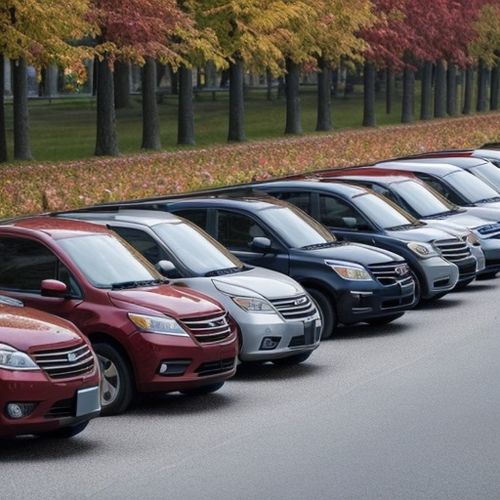
By Noah Bell/Apr 5, 2025
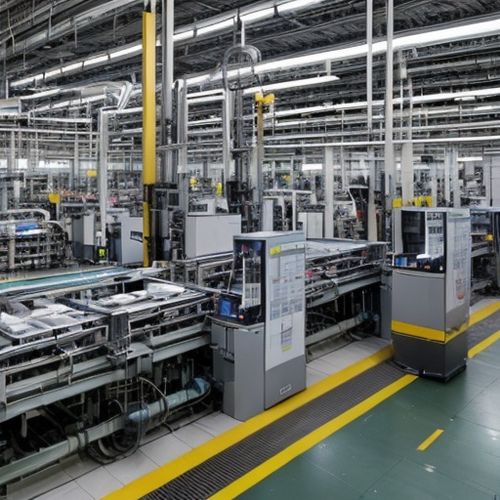
By Sarah Davis/Apr 5, 2025
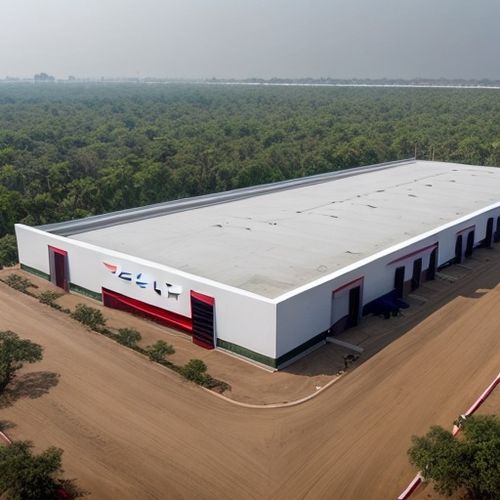
By Ryan Martin/Apr 5, 2025

By Christopher Harris/Apr 5, 2025

By Noah Bell/Apr 5, 2025
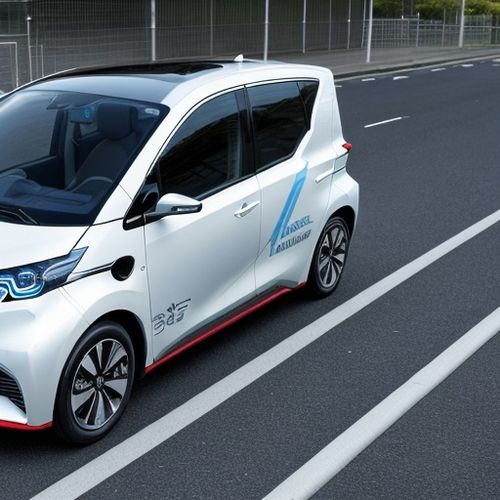
By Thomas Roberts/Apr 5, 2025
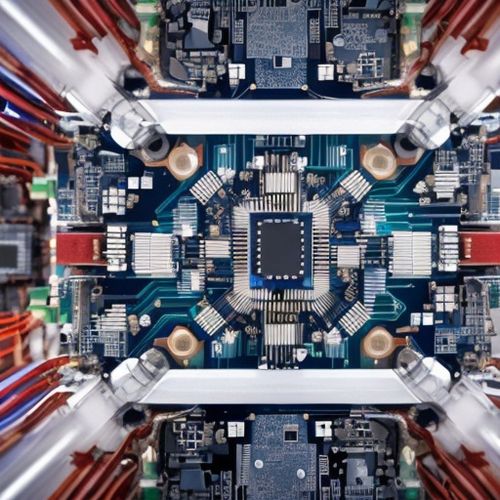
By Michael Brown/Apr 5, 2025

By George Bailey/Apr 5, 2025